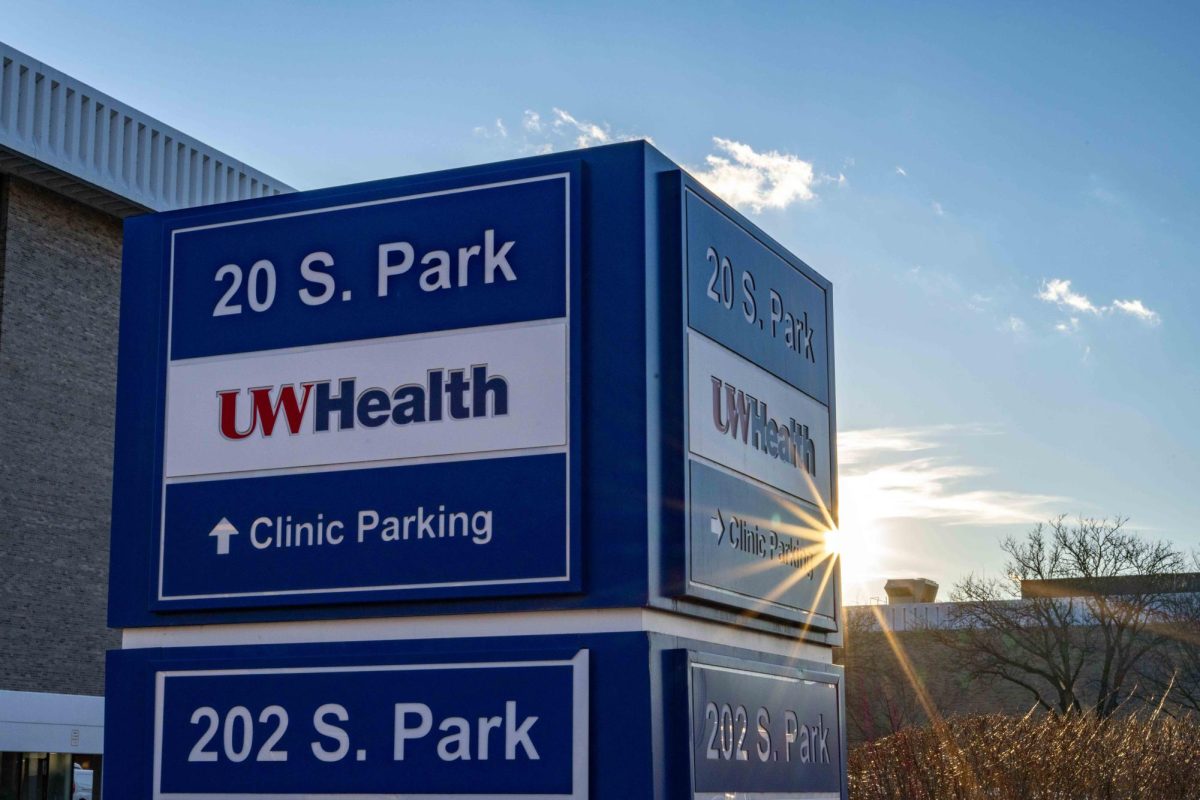The percentage of Wisconsin children who are vaccinated against measles has declined from 88.2% in 2013 to 81.6% in 2023. The Center for Disease Control and Prevention recommends that 95% of a community be vaccinated to prevent outbreaks of measles. Wisconsin children now have the second lowest measles, mumps and rubella vaccination rates nationwide, with Alaska being the lowest, according to Wisconsin Public Radio.
In West Texas, there has been an outbreak of over 100 cases of measles, now spreading to New Mexico, according to the New York Times. For every 1000 people with measles, one to three will die, according to the CDC.
Professor of pediatrics at the University of Wisconsin School of Medicine & Public Health Dr. James Conway explained there are four reasons for this decline in vaccinations. The first is vaccine hesitancy or the idea that people are opposed to vaccinations as a whole. But, Conway said disbelief in vaccines only makes up a small portion of the low vaccination rate.
Since diseases, such as measles, aren’t as common today, people don’t always see the importance of getting vaccinated against them, Conway said.
“Low and behold, look at all the outbreaks we’re having now,” Conway said.
“Vaccine fatigue” also discourages people from getting vaccinated. In the last 20 years, an increasing amount of vaccines have been offered, which Conway said can lead to confusion as to which vaccines are most important and in what dosages.
Finally, Conway said that access or lack thereof to vaccines discourages people from getting them. During the COVID-19 pandemic, it was much easier to walk into a pharmacy and get vaccinated. Now, however, it takes more of an effort and consumes time that families don’t always have.
Parents with children under 2 and seniors over 65 are the most likely to get vaccinated because they’re most at risk, so vaccination rates are not only low among children but also among people ages 2 to 65, according to Conway.
“People in this [2-65] age group have this sense that they’re healthy and therefore indestructible,” Conway said.
This doesn’t only apply to measles but to vaccinations as a whole.
As for UW specifically, the university does not require that students be vaccinated. But, by requiring students to provide vaccination history, the university hopes to encourage or remind students to stay up to date on immunizations, according to Conway.
UW is also actively involved in research regarding immunizations, according to Conway.
“We have a network of people that includes people from sociology, demographics and people interested in health information,” Conway said.
This network works to provide information, looks into creating vaccines and provides easy access to them, according to Conway.
While both Madison and Wisconsin health providers are well prepared for a possible outbreak of measles, readiness is not their biggest concern concerning the disease.
“I think the hardest part, if we do at some point have measles cases, is going to be not how quickly we can mobilize, but how quickly does the public respond and understand the severity of the situation,” Conway said.


